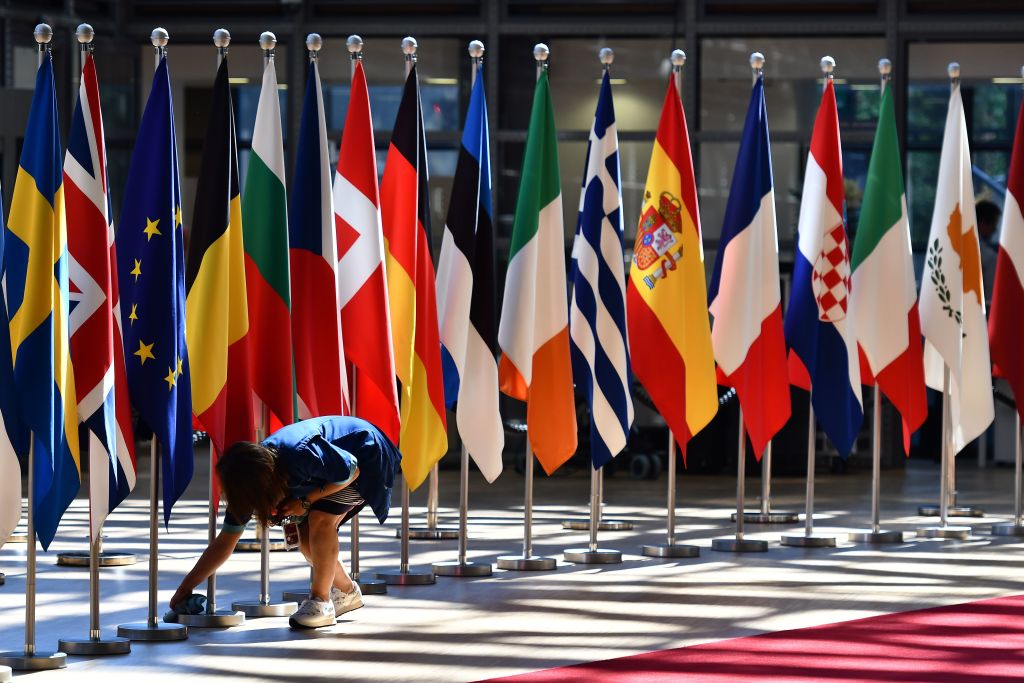
French and Italian economies shrink as Eurozone slows
by Harry RobertsonThe French and Italian economies both unexpectedly contracted in the final quarter of the year as the struggling Eurozone caps off a year of weak growth.
France’s economy – the second-biggest in Europe – shrank 0.1 per cent quarter on quarter in the final three months of the year, according to official statistics. Economists had predicted 0.2 per cent growth.
Read more: German economy picks up pace while Eurozone growth stagnates
The Italian economy shrank 0.3 per cent over the same period against predictions of 0.1 per cent growth, preliminary data showed, the steepest quarter-on-quarter contraction since 2013.
Weak French and Italian readings helped drag down Eurozone growth to just 0.1 per cent in the final quarter. The single-currency area grew by 1.2 per cent in 2019, according to an initial estimate, its slowest since 2013.
Euro area countries were hard-hit by heightened trade tensions, slowing global growth, and Brexit confusion last year.
Rosie Colthorpe, European economist at Oxford Economics, said the Eurozone had ended the year “with a whimper”.
Yet she added: “With an encouraging recent rise in sentiment indicators, we still think that the Eurozone economy should see growth pick-up gradually in 2020.”
Analysts said protests and strikes had affected the French economy.
“Given that the retail sales and industrial production data for October and November had been encouraging, that might suggest that the strikes and protests at the end of the year had a big impact,” said Jack Allen-Reynolds, senior Europe economist at Capital Economics.
Francois Cabau of Barclays said there was “significant destocking”. He added: “We think this is likely to be a one-off, and thus remain confident in our cautiously optimistic outlook.”
Read more: Brexit day: Boris Johnson to hail ‘dawn of a new era’
The data came on the day Britain leaves the European Union, a process which has the potential to disrupt both economies in 2020.
The two sides have until the end of this year to reach a “deep free-trade agreement”.